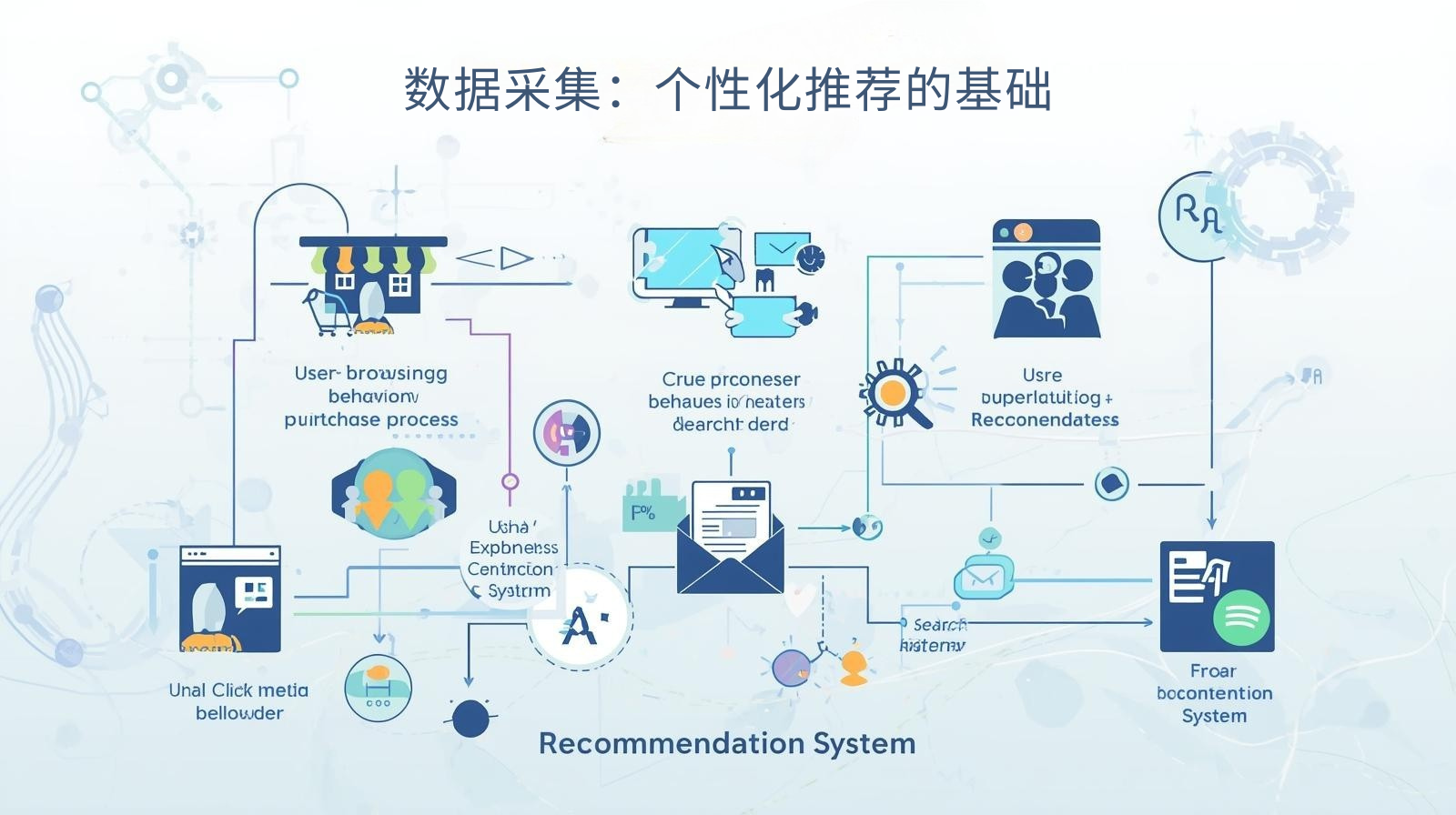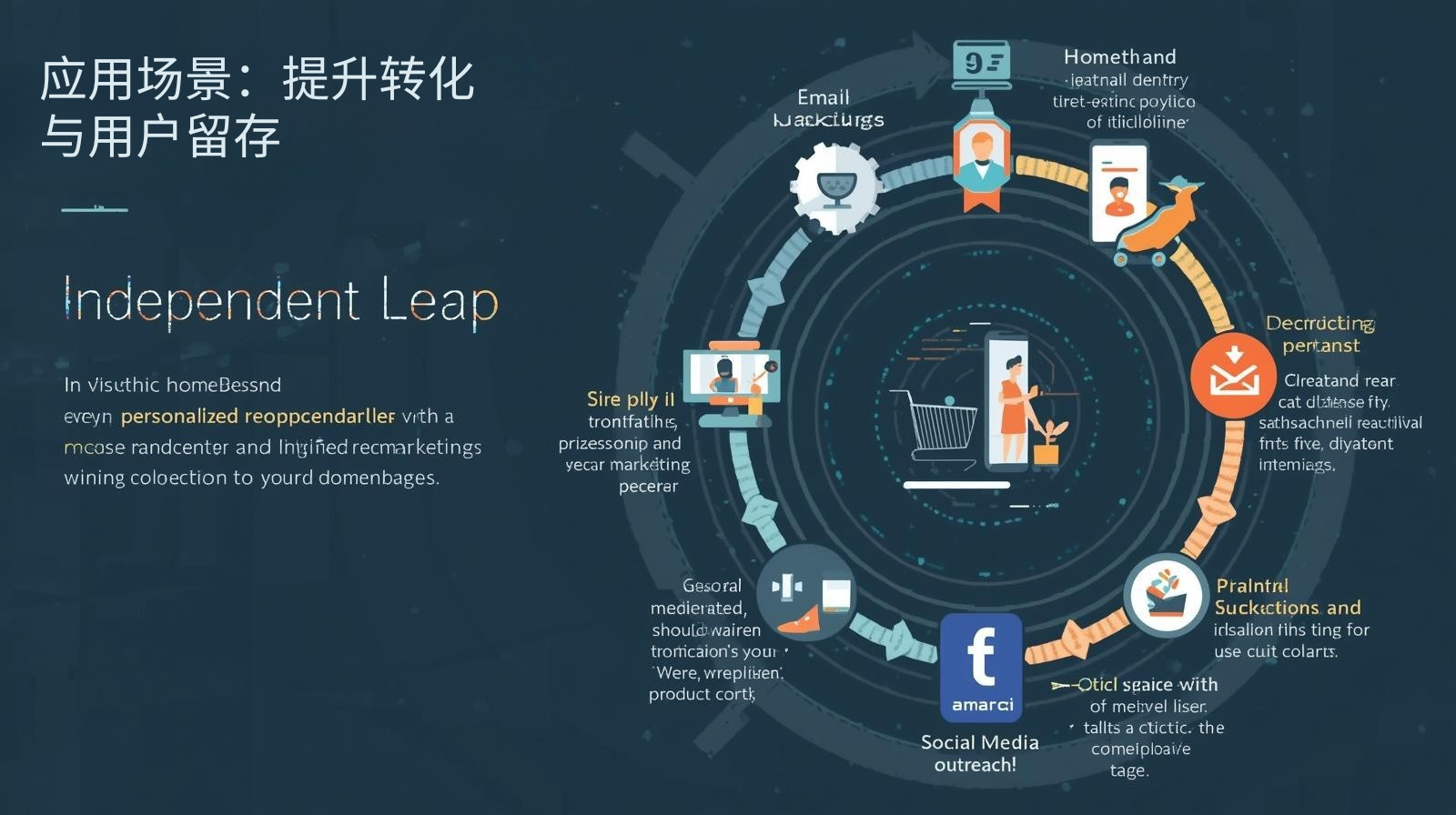With the development of digital commerce, independent websites have become a crucial channel for businesses to showcase their brand image, acquire customers, and drive sales. In foreign trade, customers come from diverse global markets, with widely varying interests and needs. Traditional, unified display methods often fail to meet these diverse needs, impacting conversion rates. Therefore, personalized recommendations on independent websites have become a crucial tool for improving user experience and business efficiency.
According to research by the Nielsen Norman Group (NNG) , personalized website recommendations can significantly increase user retention and repurchase rates. Furthermore, a Forrester Research report on digital marketing also indicates that personalized recommendations can effectively increase customer loyalty and sales opportunities. In international e-commerce and independent website operations, the W3C (World Wide Web Consortium) data standards guidance also provides technical specifications and data compatibility references for personalized recommendations.
 Data Collection: The Basis of Personalized Recommendations
Data Collection: The Basis of Personalized Recommendations
The prerequisite for achieving personalized recommendations on independent websites is accurate data collection. Companies need to collect information such as user browsing behavior, purchase history, search history, and preference tags, and ensure that the data collection process complies with privacy protection regulations.
By leveraging user behavior analytics tools, independent websites can understand visitor interests in real time and feed this data into recommendation systems, enabling more targeted content or product presentations. Data collected not only includes page visit data but can also incorporate external sources like social media engagement and email click-through rates, providing rich input into recommendation algorithms and ultimately achieving a truly personalized user experience.
Recommendation Algorithms: Driving Personalized Experience
Based on the data, independent websites use recommendation algorithms to achieve personalized display. Common methods include collaborative filtering, content recommendation, and hybrid recommendation.
Collaborative filtering recommends products based on historical user behavior and similar user behavior patterns, making it suitable for identifying potential interests. Content recommendation matches user interests based on product or content attributes, making it suitable for precisely matching specific needs. Hybrid recommendation combines multiple strategies to improve the diversity and accuracy of recommendations. During implementation, reference can be made to relevant algorithm research from the Institute of Electrical and Electronics Engineers (IEEE) to ensure that the recommendation system remains efficient and stable when processing large amounts of data.
 Application scenario: Improving conversion and user retention
Application scenario: Improving conversion and user retention
Personalized recommendations on independent websites aren't limited to homepages or product pages; they can also be applied to shopping cart recommendations, email marketing, and social media outreach. By providing personalized information at various touchpoints, businesses can significantly increase customer purchase and repurchase rates.
For example, recommendation lists based on user browsing history can help customers quickly find products of interest; email recommendations combined with user preferences can increase open and click-through rates; and content recommendations on social platforms can help enhance brand exposure and user stickiness.
Through these multi-touchpoint applications, independent sites can form a complete personalized marketing closed loop, bringing higher user value and commercial benefits to enterprises.
Technology Implementation and Future Development
Implementing personalized recommendations on independent websites requires a combination of front-end display technology, back-end data analysis, and algorithmic models. Companies can choose cloud-based recommendation services or build their own recommendation systems, flexibly adjusting them based on actual needs.
With the development of AI technology, personalized recommendations on independent websites will become even more intelligent. For example, machine learning can be used to optimize recommendations in real time and even predict potential user needs, achieving true precision marketing. When planning the construction of independent websites, companies should make personalized recommendations a core feature to enhance customer experience and market competitiveness.
CTA
If you're looking to implement efficient personalized recommendations and boost customer conversion rates on your independent website, Pinshop offers professional website building and data-driven solutions to help businesses easily build intelligent independent websites. Learn more about the Pinshop website building platform now.
Recommended related articles: Multilingual Independent Station Strategy: Balancing Localization and Internationalization 





